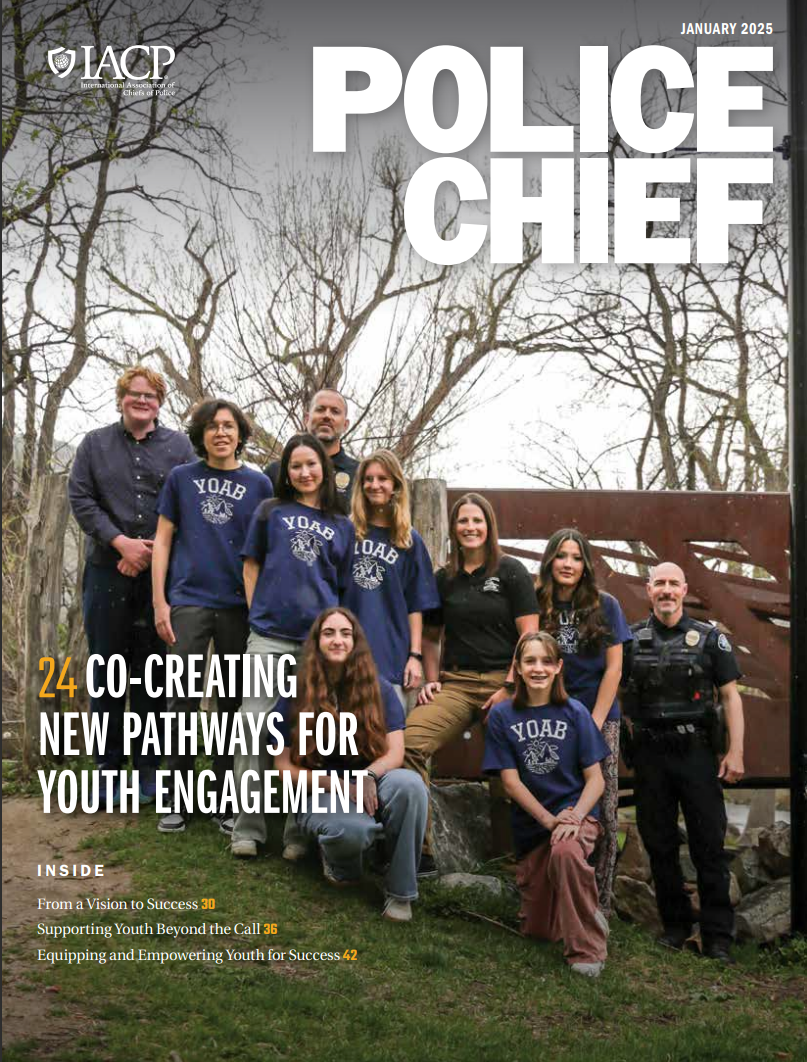Mass shootings are horrific. They are also difficult to predict and, therefore, difficult to prevent. While rare compared with the rate of other shootings, mass shootings have a substantial impact on people’s sense of personal safety. Like terrorism that is fueled by claims of religious fervor, mass shootings have no credible justification. In contrast with some crimes, whose incidence can be associated with trauma, ongoing disputes, and past criminality, these attacks are more difficult to predict—but, if we have the right data about a potential assailant’s conduct, mass shootings may become easier to detect and thwart.
In order to gather those data, community members and law enforcement need to set aside irrelevant aspects of mass shootings. For example, the shooters’ stated motives are often justifications that are attempts to mask their desperate search for notoriety. Instead of being distracted by the shooters’ justifications, we need to look for observable evidence, including a history of property destruction and of cruelty to, neglect of, or exploitation of any person or animal. We are much more likely to be able to prevent mass shootings by focusing on who, what, when, where, and how rather than trying to understand why.


